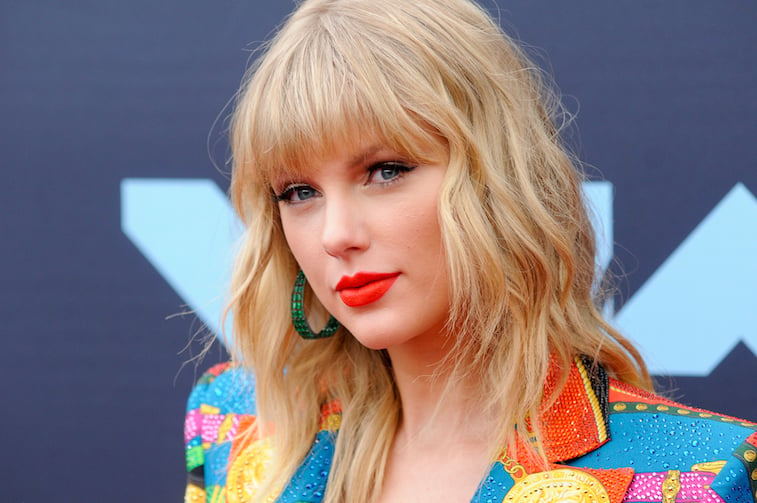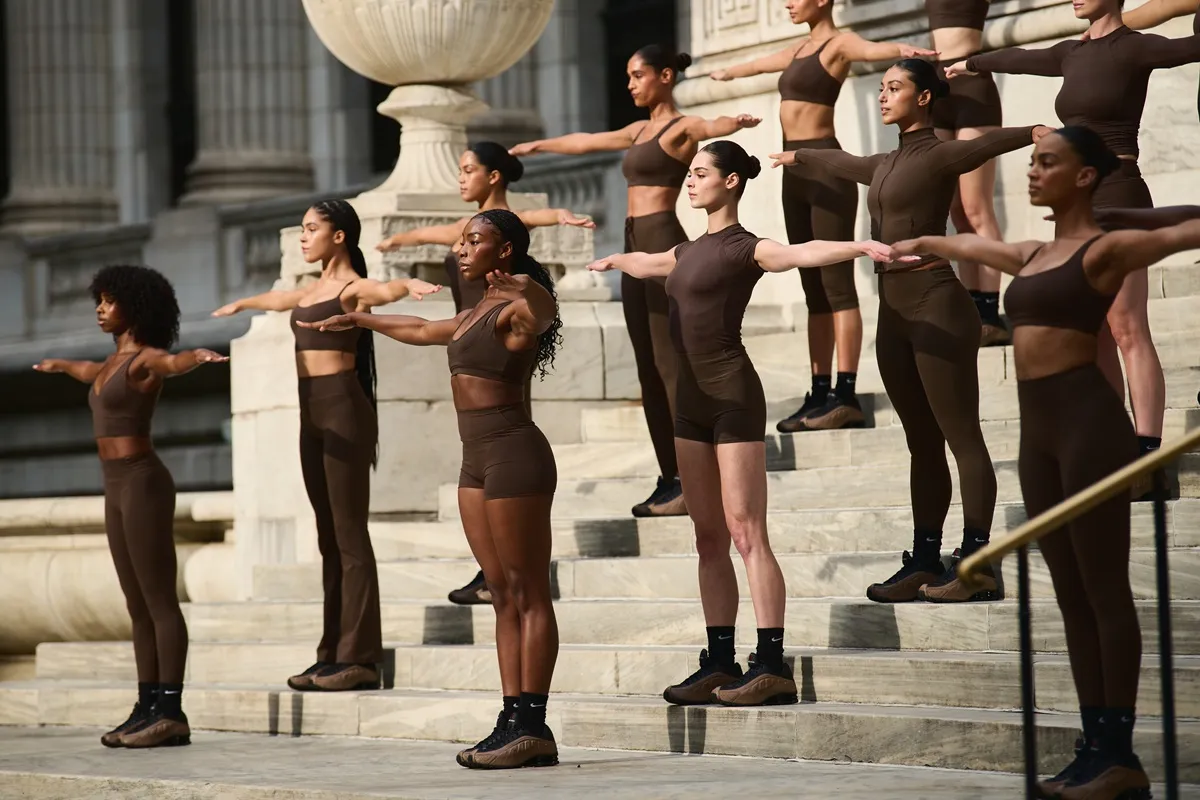Taylor Swift Is Fed Up With ‘Cancel Culture’ And You Should Be, Too
The September issue of Vogue prominently features Taylor Swift and a long discussion about her new album Lover, which released just last week. In the interview, Swift revealed that this new album just may be her favorite project to date, and she opened up about some very heavy topics including her activism, approach to the art of songwriting, and feelings about “cancel culture.”
Swift’s opinions on cancel culture are spreading among celebrities, fans, and experts alike. Let’s take a closer look at what the musician had to say and how her insight resonates with today’s tendency to judge quickly and harshly.

What is cancel culture?
The rise of social media gave consumers an unprecedented amount of power. Today, a simple tweet or a negative review on Yelp can have companies clamoring to make the problem right before the controversy spreads.
With the recognition of this power came the ability to harness collective rage and shame into calls for ethical consumption through “canceling” companies and even individuals whose actions do not align with certain values. As the #MeToo movement picked up media coverage and empowered women to stand up and tell stories of abuse, cancel culture grew ever stronger.
What better way to take back power from those who had abused it than with a collective show of force that took away the ability to make a profit off of the very people who disagreed with the behavior? When you “cancel” a company, you refuse to buy from them. When you “cancel” a celebrity, you ignore their projects. When enough people agree, canceling can have a serious impact.
Who has been canceled?
Several celebrities have been caught up in cancel culture. When Roseanne Barr tweeted a racially-insensitive comment about Valerie Jarrett, her upcoming reboot of her hit TV show was about to be canceled, impacting not just her but all of the other actors and staff working on the show. While the show was renamed The Connors, it went on without its matriarch, who was seen as too toxic to include.
Louis C.K. and Kevin Spacey have both been the target of cancel culture after inappropriate behavior around women. SoulCycle was “canceled” for its owner’s financial ties to President Trump.
While these acts of public shaming are often furious and emotional, they are also seldom permanent. Many “canceled” celebrities are back to work and in the spotlight within a few months, often with headlines about their comeback or their attempts to make amends.
What did Swift have to say?
Swift has herself been the target of calls for cancellation. When Kim Kardashian released video of her husband Kanye West discussing the lyrics to his song “Famous,” West’s fans were outraged that Swift had pretended to know nothing about the song and got offended when it was released.
Swift maintains that, though she knew about some of the lyrics, she didn’t know about all of them and certainly not the most offensive ones. Whatever the truth is, the hashtag #TaylorSwiftIsCanceled was soon trending and would spark months of calls to boycott the singer’s work.
In her interview, Swift directly addressed what it means to try to cancel a person: “A mass public shaming, with millions of people saying you are quote-unquote canceled, is a very isolating experience. I don’t think there are that many people who can actually understand what it’s like to have millions of people hate you very loudly.”
She went on to say, “When you say someone is canceled, it’s not a TV show. It’s a human being. You’re sending mass amounts of messaging to this person to either shut up, disappear, or it could also be perceived as, Kill yourself.“
What do experts say?
In a Psychology Today article, Dr. Pamela B. Paresky calls cancel culture, “apocalyptic,” saying, “an apocalyptic culture is not interested in wounded hearts. It wants to destroy, not heal. It wants retribution for moral impurities, not forgiveness for kids. And it uses the new tools of social media to accomplish its apocalyptic goals.”
She points out that the impact of cancel culture is a fervent focus on shame and blame rather than a path for reconciliation and forgiveness.
Others, like communication strategist Camonghne Felix, see the power in cancel culture. He explains that it’s only through collective outrage like these public shaming incidents that allow everyday people to harness power: “How else do we, the public, [who are] largely powerless in the everyday execution of systems of value, moderate society without something like cancel culture?”
While calling for someone to be canceled may be a cathartic way to reclaim some power, it’s important to remember that there is a human being on the other side of the conversation.
As Swift reminds us, “canceling” a person isn’t the same as canceling our subscriptions to Netflix. At its darkest, it can be seen as a call for the person to stop existing or to end their own life, and offering paths for redemption and growth will likely lead to a better future for everyone.


